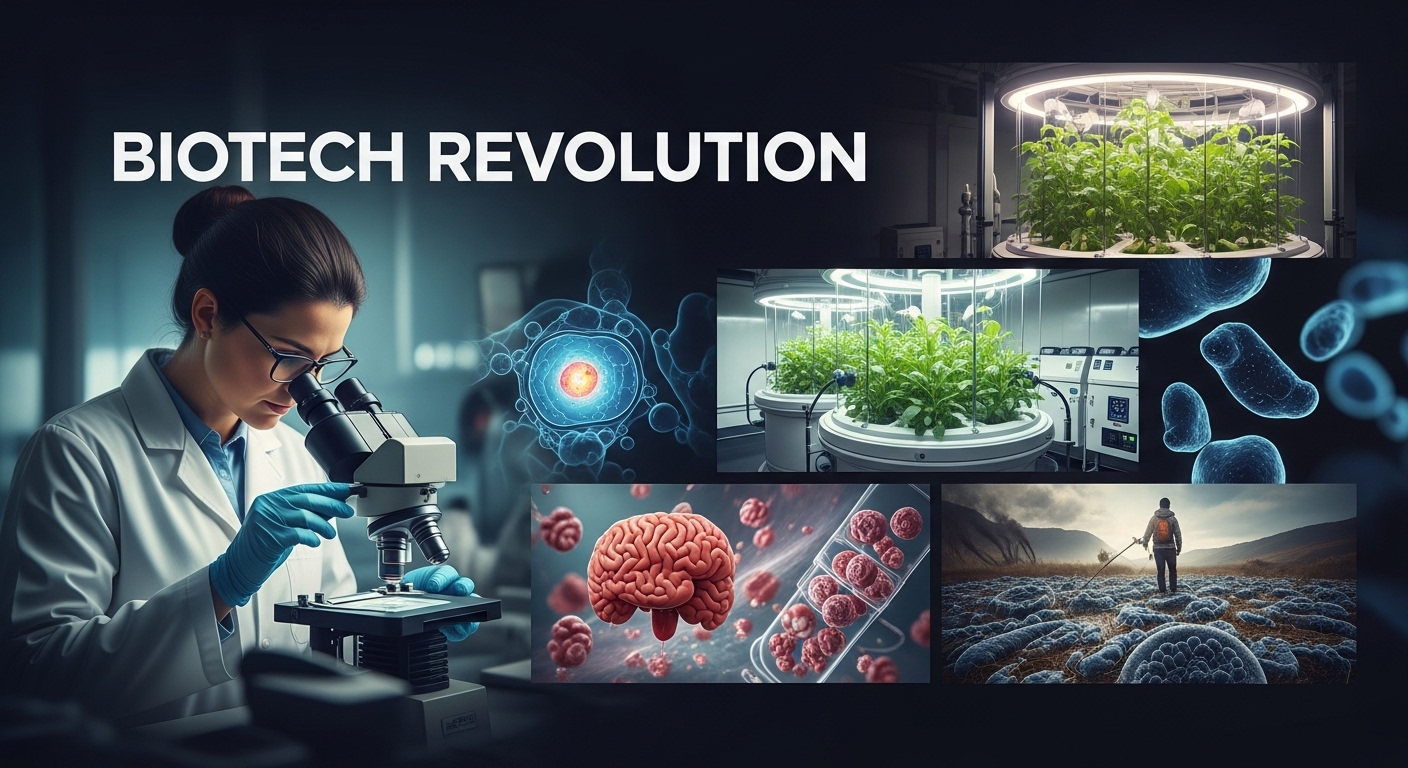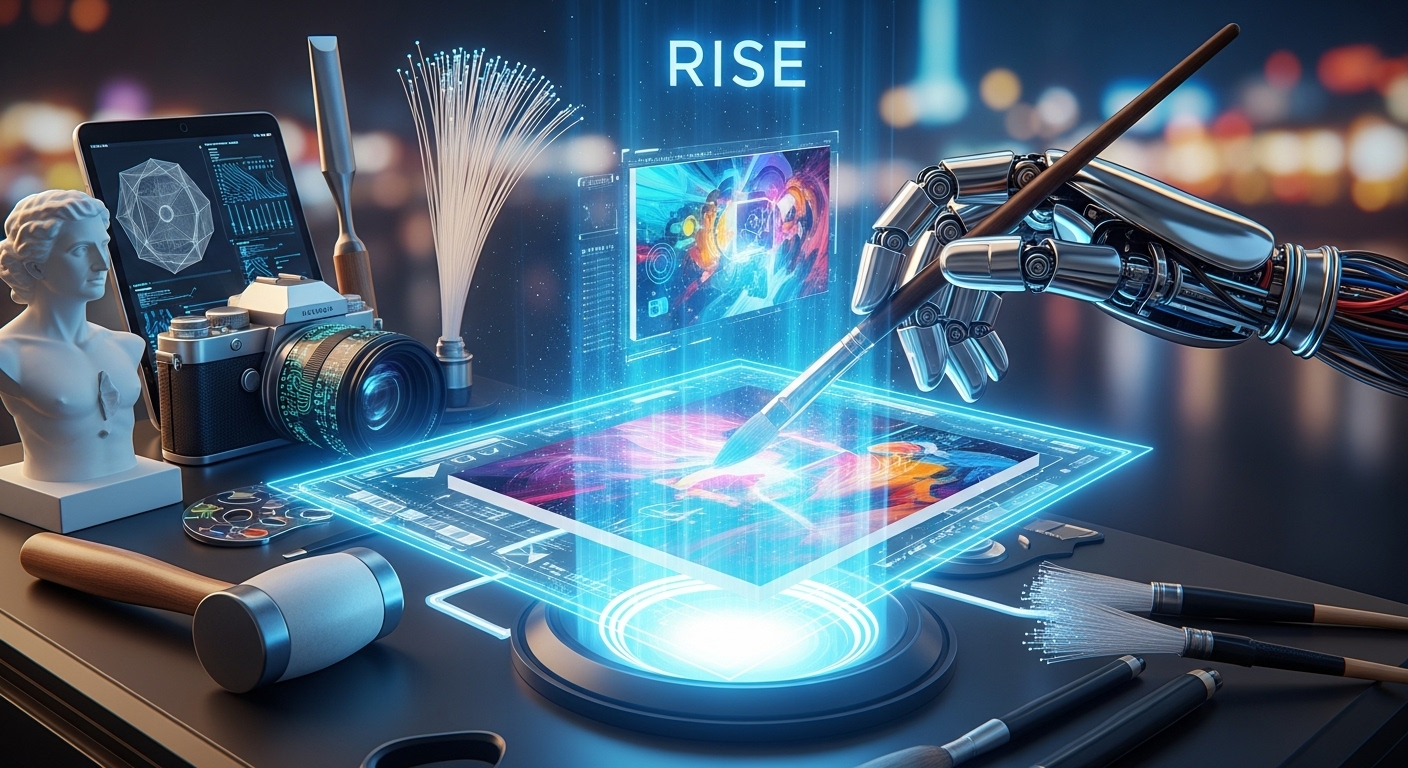Biotech. It’s a word tossed around in science and tech circles like a tennis ball in a dog park. This field, somewhere between biology and technology, is growing—like, really growing. You hear it, you see it, and maybe, just maybe, it makes you a bit curious. So what’s up with it? It’s not just about the big names or flashy innovations; it’s about the subtle shifts happening right under our noses. From altering genes to creating sustainable solutions, biotech’s got its fingers in many pies. And as it evolves, it shapes how we think about health, food, and even the environment.
Understanding the Basics
First things first, what’s the deal with biotech? In simple terms, biotechnology uses living organisms or their systems to develop or create different products. Sounds big, right? Well, it is. This industry’s a mix of biology, chemistry, and a bit of engineering. It’s like a science smoothie.
Biotechnology plays crucial roles in various sectors like healthcare, agriculture, and environmental conservation. In healthcare, for instance, it’s about developing new therapies and diagnostics. Think vaccines, but also gene therapy. Yeah, that stuff’s happening, like right now.
The Four Branches of Biotech
Diving deeper, biotech splits into four main areas, each with its own quirks and focus:
- Red Biotech: Healthcare. This one’s all about medicine and diagnostics. Gene therapy is a big deal here.
- Green Biotech: Agriculture. Genetic modifications, pest-resistant crops, and stuff like that.
- White Biotech: Industrial processes. Enzymes for detergents, biofuels, and more.
- Blue Biotech: Marine and aquatic. New medicines from the ocean, sustainability projects.
Biotech in Healthcare
When most people hear “biotech,” they think of healthcare innovations. And it makes sense. The industry’s given us insulin from bacteria, something unthinkable a few decades back. Now, the spotlight’s on personalized medicine, tailoring treatments to individual genetic profiles. It’s like a custom suit but for your health.
Gene editing tools like CRISPR are part of everyday conversations. They’ve opened doors to potentially cure genetic disorders. Of course, there are ethical debates with that; it’s complex. More can be read about these innovations in biotechnology on Forbes.
Pharmaceuticals and Beyond
Pharmaceuticals closely tie into biotech. Traditional drugs? Sure, but biotech’s offering biopharmaceuticals, like monoclonal antibodies. These are more targeted and can treat complex diseases like cancer more effectively. And it’s not just humans. Veterinary applications are expanding too.
Agricultural Advancements
Next up, food. Green biotech’s transforming agriculture, making crops resistant to pests and diseases. Food security’s a real concern, and biotech’s stepping in to help. GMOs often get a bad rap, but they’re crucial for boosting crop resilience. Plus, who doesn’t want a tomato that actually tastes like a tomato?
Then there’s lab-grown meat, cultured from animal cells. It sounds sci-fi but check your local fancy restaurant menu—it’s happening. Cheaper, sustainable, and less cruel. But, yeah, it has its critics, like anything new on the food scene.
Environmental Impact
Green biotech and sustainability go hand in hand. Reducing pesticide use, developing crops that need less water—that’s big. It’s all about keeping the Earth habitable. Environmental biotechnology also includes innovations in waste management and conservation efforts. More insights into biotech’s role in sustainability can be found on Reuters.
Industrial Biotechnology
On to industrial biotech, or white biotech. It’s about improving processes, making them cleaner, more efficient. Enzymes replacing harsh chemicals in manufacturing, biofuels being developed, reducing reliance on fossil fuels. These processes are not only less harmful to the environment but often more cost-effective in the long run.
Process Innovation
| Traditional Process | Biotech Innovation |
|---|---|
| Chemical-based production | Enzyme-based production |
| Fossil fuel reliance | Biofuel development |
| Waste-heavy methods | Biodegradable processes |
Switching these processes not only benefits the environment but can streamline production, reducing costs.
Societal and Ethical Considerations
With all the potential biotech brings, it also sparks debates. Ethical, societal implications—they’re huge. Consider genetic manipulation. It can save lives, but where’s the line? Playing God, some might say. Then there’s the fear of unintended consequences, ecological impacts.
Biotech’s potential in altering food sources raises concerns too. Long-term effects of GMOs, environmental impacts, it’s a lot to ponder. People are rightly cautious. For those interested, diving into more about software that supports biotech development can provide further insights. Check out this resource to understand the integrations better.
Regulation and Safety
Governments play a crucial role in navigating these waters. There are regulations ensuring safety, ethical standards. But with rapid innovation, keeping up is challenging. It’s a balancing act, safeguarding public interests while encouraging scientific progress.
Conclusion? Not Really
So, biotech. It’s this evolving beast, part innovation, part controversy. As it grows, we’ll see more integration into daily life, more debates, more breakthroughs. It’s a field that’s changing how we interact with the world, one tiny cell at a time. Whether it’s in healthcare, food, or industry, biotech’s influence is undeniable. It’s not just a thing of the future; it’s here, now, reshaping our present.
FAQs About Biotech
- What’s the difference between biotech and pharmaceuticals?
Biotech focuses more on biological processes, using living organisms. Pharmaceuticals typically involve chemical processes. - Is biotech only about genetic engineering?
Nope. That’s a part of it, but biotech covers agriculture, industrial processes, and more. - Are GMOs safe to eat?
Generally, yes. They’re tested rigorously, but debates about long-term effects continue. - How does biotech impact the environment?
It can reduce pollution, improve sustainability. But potential ecological impacts of genetic modifications are a concern. - Could biotech cure all diseases in the future?
Maybe not all, but it holds promise for many, especially genetic disorders. It’s an exciting area!


